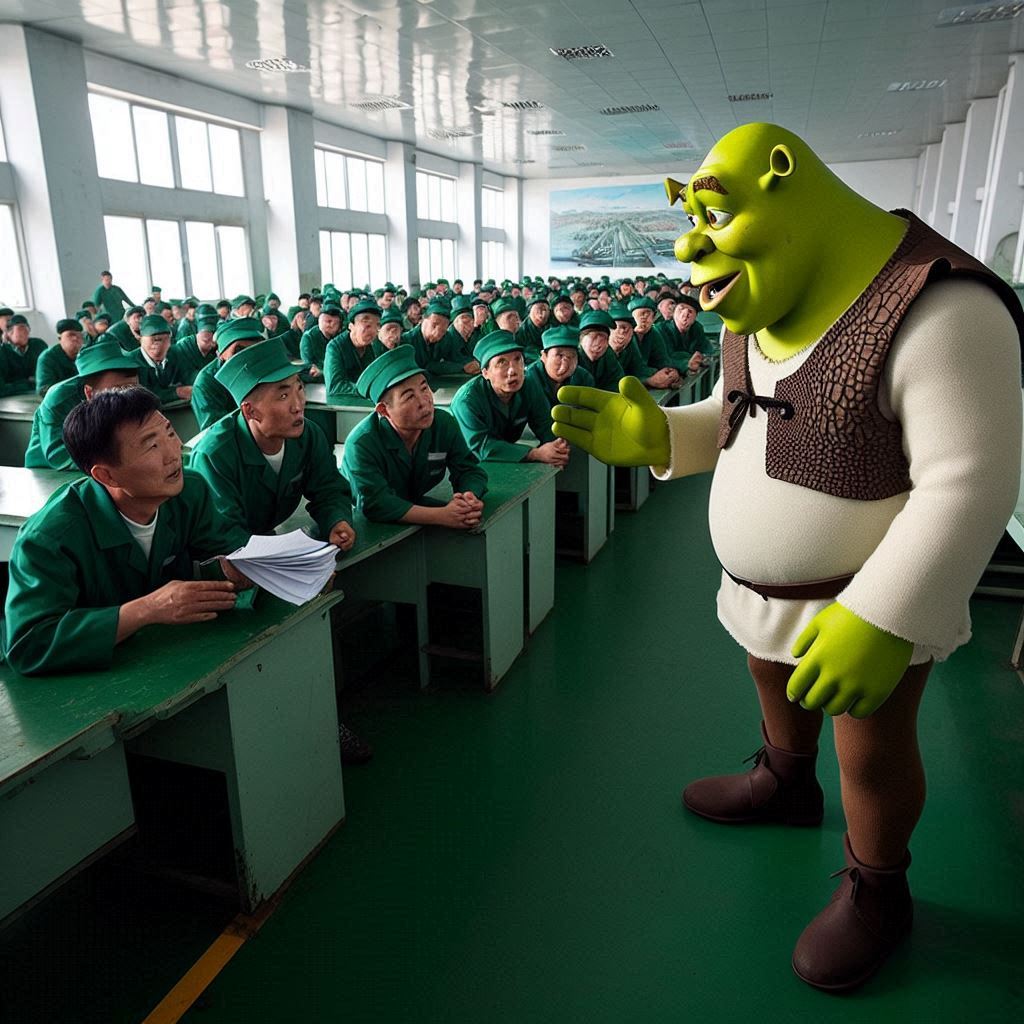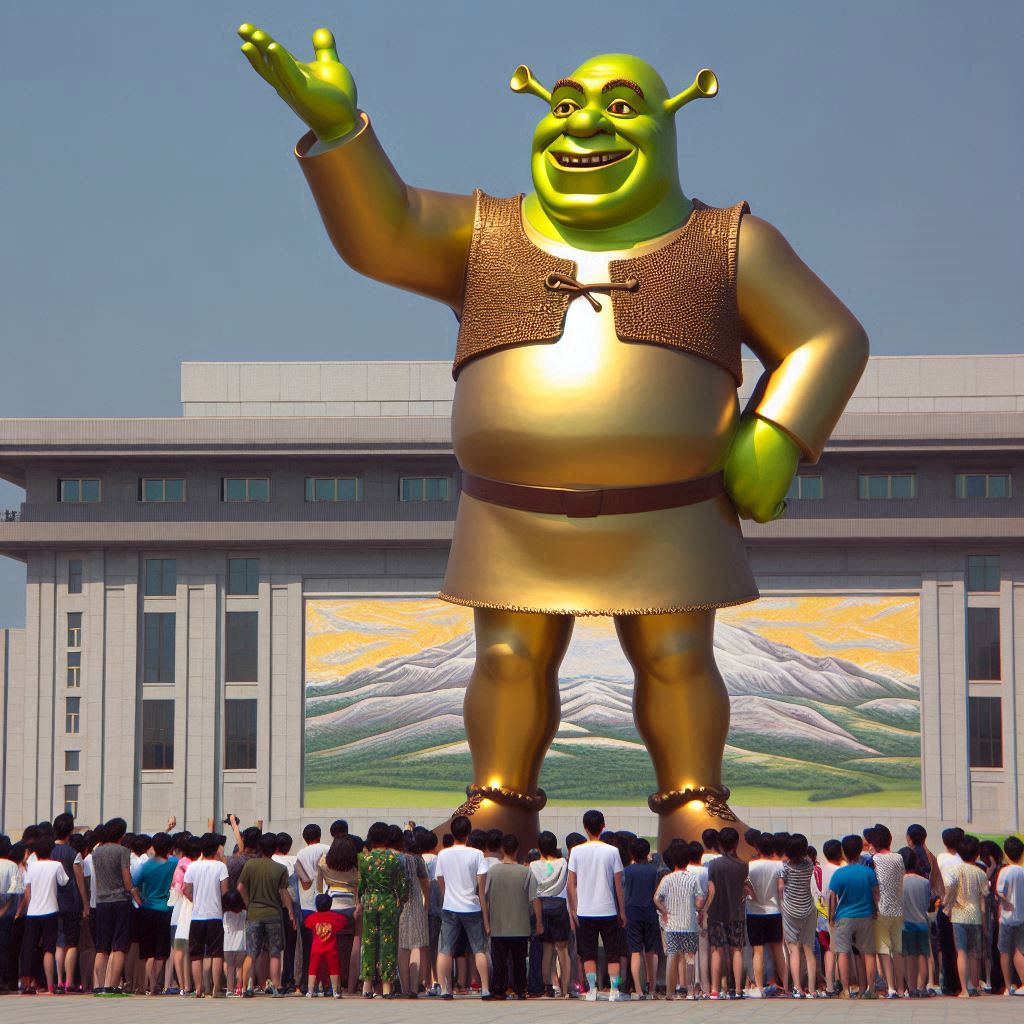

deleted by creator
When I get bored with the conversation/tired of arguing I will simply tersely agree with you and then stop responding. I’m too old for this stuff.


deleted by creator


I felt the same way. I was VERY happy with that outcome. I won’t say PayPal earned my LOYALTY with that, because loyalty to ANY company is stupidity, but at the very least they earned my respect for the time being. Of course, I reserve the right to revoke it at any time.


In my experience, their consumer protection is great.
PayPal has been absolutely instrumental for me in issuing refunds with obstinate vendors. Once or twice they’ve issued me a refund after being refused a return/refund when an Aliexpress vendor either sent the wrong item or nothing at all.
I even got them to secure me a refund against the Australian government after they refused to issue a refund after directing me to apply for a tourist visa with the wrong visa process.
This is less of a brag and more a question for the philosoraptor.

Edit: Apologies… didn’t even notice that loaExMachina@sh.itjust.works beat me to this observation.


All of that is completely true and also irrelevant. The point isn’t the specific details, the point is the idea that “perpetual control” is not the default modus operandi of the structure of our system. As to the specific details of where that line is drawn, that’s something that’s up for debate. All we need as a starting point is to acknowledge that unquestioned, perpetual individual control of an entity that can create and destroy the lives of millions has at least the POTENTIAL to be a dangerous social ill, and the specific details of how we address that can come from there. If you cannot see or acknowledge that at any level, then we’re not even looking at reality from the same perspective, and we’re not starting from the same priors, so there’s no point in discussing it any further - there’s no point of agreement we’ll be able to reach.


Look, this isn’t even the standard operating procedure of society. Corporations are the ONLY situation where we seem to have decided providing the seed of creation equates to perpetual ownership.
ANYTHING else you create comes with a time limit before it takes on a life of its own beyond you.
You wrote a book? Your copyright WILL expire and it WILL be out of your control.
You invented something? That’s great. Eventually your patent expires and it becomes publicly usable.
Hell, the closest equivalent to a company? Is having a BABY. You put in a seed to create something, you do a ton of work to raise it to function. Are you going to suggest that a parent should have perpetual control over their children and the things they produce as well? And it has been established by LEGAL PRECEDENT that a corporation IS a person.
ALL of these things are accepted default procedure in our society. In NO other situation do we consider creation to be equivalent to perpetual ownership of all aspects of a thing. YOU are arguing the exception, not us.


There is a significant difference between “lose control of the company” and “not being the exclusive beneficiary of the success of the company”, and it’s a strawman argument to suggest otherwise.
Even with a 1 billion dollar cap, the vast majority of companies are not worth nearly a billion dollars, and of those that are, you would have to double that before that owner would not have a controlling interest, and while I acknowledge that the owner losing control of the company is not necessarily an intentional result of this kind of rule, by the time a company reaches a value where that would even be a threat, they have such an outsized impact on society through their operation that it is actually irresponsible for any single person or small group of people to have such control. Organizations can grow to have outsized impact on millions of lives, entire communities, or even the direction of history. What is reprehensible isn’t capping their control of such an organization - it’s allowing that control to impact the world with absolutely no check by those its operation affects. I don’t know your country of origin, but if you are American you at least pay lip service to the idea that power derives from the consent of those over whom it is wielded. I would suggest to you the radical interpretation is that that should only apply to government when extremely large companies have much, much more power to impact peoples’ daily lives.


do they start losing control of shares until they’re below that threshold?
Sounds good to me. Dole them out to employees.


That was all Bing’s idea. My prompt only included “smiling children”.


Maybe the guidance is “Fix your nightmare faces.”


Sounds like you need some on-the-spot guidance.



When Shrek is outlawed, only outlaws will have Shrek.








Did somebody say Catholic Shrek?

Untrue. I grew up on the Super Mario Brothers Super Show.





we’re all a bunch of baby-eating, baby-fucking Satan worshippers,
God, I hope it’s not the same baby…
Absolutely.
Bad, rushed software that wires together 200 different giant libraries just to use a fraction of them and then run it in a sandboxed container with three daemons it needs for some reason doesn’t mean “8 Gb isn’t enough”, it means write tighter, better software.